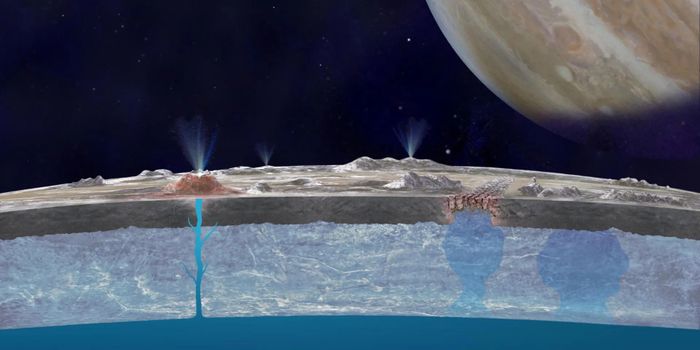Why 21 kids are suing the government on behalf of the climate
The case of the group of 21 youths who are suing the federal government for its apathy towards climate change and promotion of the fossil fuel industry was poised to start at trial on Monday. Instead, it’s currently in limbo as the Supreme Court weighs a motion to dismiss from the current administration.
Some background: the 21 young plaintiffs composing the landmark climate suit entitled Juliana v. United States come from communities around the country that are already living the day-to-day difficulties of climate change. They gathered together in 2015 under the representation of Julia Olson from Our Children’s Trust to allege that by promoting a fossil fuel-based system that exacerbates climate change, the federal government is violating their Constitutional rights to life, liberty, and property. They also say that the government is violating the public trust doctrine because it knew about climate change for decades and did not do anything to mitigate it.
Without getting too much into the nitty-gritty legal aspects of the situation, it’s important to note that the case moved through the ranks over the last years, passing from a US District Court judge to the Supreme Court, where it sits now. It was supposed to go to trial on October 29, but the Trump administration requested yet another writ of mandamus, an uncommon legal tactic that overrules a lower court before a trial has even occurred. According to, Climate Liability News, this most recent request was the administration’s sixth mandamus request and second to the Supreme Court.
“What’s tricky for the Juliana plaintiffs is not the facts, it’s the law—is there actually a claim you can bring that the United States has this essentially fiduciary or trust obligation to future generations to protect the planet,” said Ann Carlson co-director of the UCLA School of Law’s Emmett Institute on Climate Change and the Environment. “That’s the fundamental argument of the plaintiffs and whether that has a basis in the Constitution is a tricky question.” She adds that she thinks that the way the youths have structured their case is critical: they don’t argue for the forests and the animals, rather for protecting the livelihood and lives of future generations.
Other experts agree that that the case is strong. Michael Burger is the executive director of the Sabin Center for Climate Change Law at Columbia University. “This government—and its various departments and agencies—has long known about the extraordinary risks that climate change poses both to individuals living today and to future generations,” he said. “[It] has fundamentally failed to take adequate actions to address those harms and has in fact made affirmative decisions that have made the problem worse. And the law provides a means to constrain government and to force action. I think that’s a very powerful narrative.”
The Supreme Court has currently yet to make any decisions regarding the government’s most recent writ of mandamus, but if the trial proceeds and the youths win the case, the federal government could be forced to act against the fossil fuel industry and create a “national climate recovery plan,” regardless of what the administration wants.
Sources: Climate Liability News, Pacific Standard, Climate Case Chart, National Geographic









